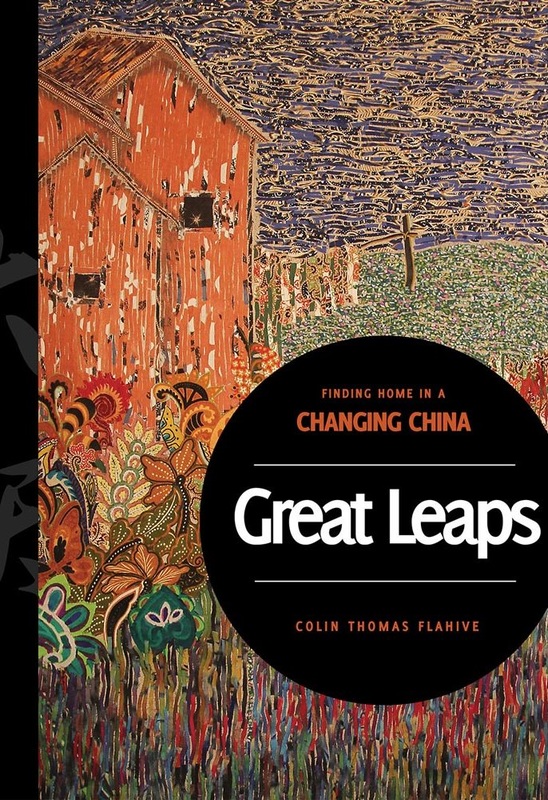* * *
At present, 1 in 3 people on the planet are facing water shortages. And it is estimated that by 2030, water demands will grow by 1 fourth. By that year, nearly 50 percent of the world’s population will be facing severe water shortages.
The United Nations estimates that it would require an additional $30 billion per year to provide clean and safe drinking water to every human on the planet. In 2007, humans spent more than 3 times that on bottled water. The US Government’s $787 billion stimulus package would be enough to provide clean and safe drinking water to all of the planet’s human occupants for over 26 years.
It has been proven over and again that buying a small home filtration device for as low as $13 can provide tap water that is as clean and safe, and often cleaner and safer, than bottled water—even those from Fiji and France. Instead, water has been privatized and is now a $400 billion industry, making it the third largest industry behind electricity and oil.
US Americans consumed over 30 billion plastic bottles in 2005. That is close to 1000 per second. Only 12 percent of those petroleum-based bottles are recycled. Nearly 50 million barrels of oil are used by plastic bottle producers each year. That is enough oil to fill 3,200 Olympic-sized swimming pools. One small, inexpensive home filtration device can provide nearly 200 liters of clean, healthy water before the filtration cartridge needs changing. Therefore, using one filtration cartridge can prevent 400 small plastic bottles from entering production.
Tap water from home filtration devices costs nearly 4 cents per liter. A 1-liter bottle of Fiji water costs $3.20. That is a difference of 8,000 percent. The environmental consequences are also quite severe as the Fiji production plant runs on diesel fuel 24 hours a day. The plastic bottles themselves make the nearly 10,000 kilometer journey from China to Fiji before being filled with water and traveling the rest of the way to countries all over the world. In addition, it is estimated that nearly 7 liters of water is contaminated in the production of each 1-liter plastic bottle. And it is calculated that each 1-liter bottles of Fiji purchased in the US is responsible for 1/4 of a kilogram of greenhouse gas emissions.
* * *
The average American food product travels 2,400 kilometers before consumption. That is nearly the distance it would require to have my grandmother in Rochester, New York send some of her delicious vegetable soup to my parents in Denver, Colorado.
Over 17 percent of all energy consumption goes to agriculture, with 1 fourth of that energy going to the production, distribution, and consumption of fertilizer. In addition, US Americans consume nearly 475 million kilograms of petroleum-based pesticides per year. That is close to 1.6 kilos, or one 2-liter soda bottle, per person per year.
US Americans average 20.6 million barrels of oil per day. It is estimated that if all US Americans ate one local-grown, organic meal per day, it would save over 1.1 million barrels of oil daily. At $44.76 per barrel, that could save Americans over $18 billion per year.
Sources:
Kingsolver, Barbara, Camille Kingsolver and Steven L. Hopp. Animal, Vegetable, Miracle: A Year of Food Life. New York: Harper Perennial, 2008.
Pollan, Michael. In Defense of Food: An Eater’s Manifesto. New York: Penguin, 2009.
Flow: For Love of Water. Dir. Irena Salina. The Group Entertainment, 2008.
Getting Off the Bottle. Simple Not Easy. November 23, 2008.
http://suresimple.blogspot.com/2008/11/getting-off-bottle.html.
Herbst, Moira. Water Scarcity: Hidden Risks to Business. Business Week. February 26, 2009.
http://www.businessweek.com/bwdaily/dnflash/content/feb2009/db20090226_538819.htm?chan=top+news_top+news+index+-+temp_news+%2B+analysis
Trees on Tap. Nature Inc. BBC. 2008.
http://www.natureinc.org/trees.htm
Petroleum Basic Statistics. Energy Information Administration. 2007.
http://www.eia.doe.gov/basics/quickoil.html
Fiji Water. Wikipedia. March, 2009.
http://en.wikipedia.org/wiki/FIJI_Water


